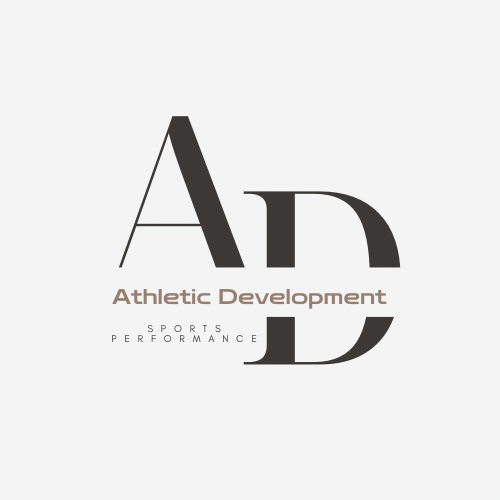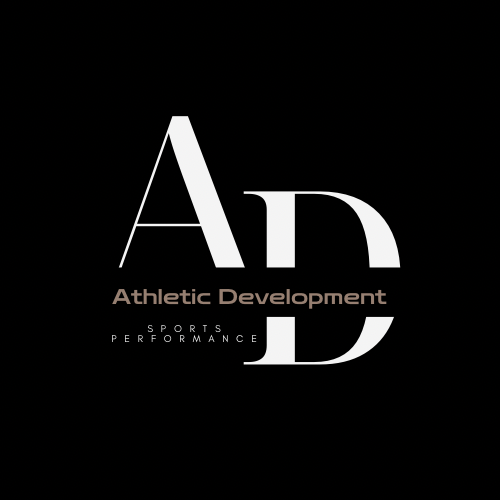What is Athletic Development?
In the world of sports, the pursuit of excellence is an ongoing odyssey, where athletes strive to surpass their previous achievements and reach new heights of performance. Central to this journey is the concept of Athletic Development—here at Athletic Development UK we feel this is an intricate process aimed at honing physical prowess, mental fortitude, and technical skills to unleash peak potential. Here I will show a comprehensive exploration of athletic development, delving into its multifaceted layers and uncovering the keys to athletic mastery in my view.
Athletic development is a multifaceted discipline that transcends mere physical fitness. It encompasses a holistic approach to enhancing performance, encompassing strength, speed, agility, endurance, flexibility, coordination, and cognitive abilities. Furthermore, it extends to realms such as injury prevention, nutrition, recovery strategies, and mental resilience. At its essence, athletic development is about nurturing athletes into well-rounded performers capable of excelling in their chosen sport.
At the heart of athletic development lies the principle of progression—a systematic journey towards mastery that unfolds in stages. It begins with laying a solid foundation of fundamental movements and physical attributes, gradually progressing towards sport-specific skills and advanced techniques. Each phase is meticulously designed to build upon the previous one, fostering incremental improvements and sustainable growth over time.
Crucial to the success of any athletic development programme is the concept of periodisation—a strategic approach to structuring training cycles to optimise performance and minimise the risk of injury. Periodisation involves breaking down the annual training plan into distinct phases, each with its specific focus and objectives. The preparatory phase prioritises building foundational strength and addressing weaknesses, while the competitive phase aims to peak performance during competitions. Finally, the transition phase allows for recovery and regeneration, preparing the athlete for the next cycle of training.
Integral to Athletic Development is the integration of sport-specific training modalities. While general physical preparedness lays the groundwork, it is essential to tailor training protocols to mimic the demands of the athlete's sport. This involves identifying key movement patterns, energy systems, and biomechanical requirements unique to the sport and designing training interventions to enhance performance in those areas. Whether it's agility drills for a footballer, plyometrics for a basketball player, or interval training for a middle-distance runner, specificity is paramount for maximising athletic potential.
Moreover, Athletic Development extends beyond the confines of the training ground. It encompasses a holistic approach to health and wellness, addressing factors such as injury prevention, nutrition, sleep, and mental resilience. Injury prevention strategies, including dynamic warm-up routines, mobility exercises, and corrective interventions, play a crucial role in keeping athletes healthy and injury-free. Likewise, proper nutrition is essential for fuelling performance, promoting recovery, and optimising body composition. Adequate sleep and stress management are also vital for supporting physical and cognitive function, ensuring athletes can perform at their best when it matters most.
Furthermore, mental resilience is a cornerstone of athletic development, enabling athletes to overcome adversity, stay focused under pressure, and perform at their peak when it counts. Mental training techniques, such as visualisation, goal setting, and mindfulness, are integral components of a comprehensive athletic development programme. By cultivating a resilient mindset, athletes can navigate the highs and lows of competition with poise and confidence, ultimately elevating their performance to new heights.
In conclusion, Athletic Development is a dynamic and multifaceted discipline that encompasses the art and science of maximising athletic potential. It requires a holistic approach that integrates physical, mental, and technical aspects of performance, while also addressing factors such as injury prevention, nutrition, recovery, and mental resilience. By embracing the principles of progression, periodisation, specificity, and holistic wellness, athletes can unlock their full potential and achieve greatness in their chosen sport. So, let us embark on this journey together, striving for excellence and pushing the boundaries of what is possible in the pursuit of athletic mastery.
This why at Athletic Development UK we have created the PEAK performance programme allowing an athlete to have everything managed so they can focus on what they are good at, THEIR SPORT, without the need to go to different injury practitioners to get treatment. Instead injury treatment is managed into bespoke strength and conditioning training that will turn their weaknesses into strengths that will not succumb to injury. This is coming from an elite athlete who has experienced his fair share of injuries not managed properly due to having multiple people trying to oversee it. I always felt if I had a version of me I would be pushing to higher heights so now I want to help you!

